Outdoor eating is so much better with a barbeque grill. And there are grills to fit every budget and decor, but too few people consider that the care they put into their grilled food also needs to go into caring for the equipment that makes the cuisine such a delight.
Most of us know how to disassemble and scrub down their grills at the end of the night, or end of grilling season (winter grilling isn’t always possible, depending on where you live). Wire brushes and hot water make the cleanup a bit easier. But after taking the couple hours to go through all the preparations for letting the grill go cold for a few days or possibly several months, what then?
You weren’t just planning to put some plastic sheeting- or worse, trash bags and duct tape over your beloved grill were you? Of course, you would never consider such a thing! Plastic sheeting can easily let water in, and covering your grill with anything that won’t protect from rain or snow isn’t the best idea.
Here’s what works, no matter if you have a custom island grill, a built-in, kettle-style grill, a smoker or even a brick chimney, you’ll need to protect it from the elements and make certain it will serve you for the next barbeque seasons to come.
Caring For Your Grill: Covering Solutions 101
Felt, flannel and padded covers that use cotton batting can look very nice and they’re all affordable options. However, humans aren’t the only mammals who love these types of covers. Mice, squirrels and other nesting varmints are attracted to these and they’ll chew up these covers to gather material for their nests!
The options are plenty when it comes to finding a suitable cover for your grill but you have to do a little forward planning. Particularly, you have to consider the level of exposure to the elements. Even if you select a cover manufactured by the maker of your grill, are there ventilation holes that may allow water to get in? Could you wind up with a cover frozen to your grill in bad weather, or might you wind up dealing with rust or water damage? Are there flaps that should make it easy to protect elements of the grill? Can they easily come loose?
Customize It!
It’s possible that your needs are specific, and there isn’t a ready-made solution when it comes to covering your specific grill – especially if it’s one you designed and constructed yourself. Fear not! Your ingenuity hasn’t left you – or rather your grill- out in the cold. There is a world of options for covering your grill that can be tailor-made for you.

Materials 101
What should your over be made of? Why does it matter? Well, we recognize that some outdoor use fabrics run the risk of small animals liking your grill covering so much they’ll make off with pieces. However, you might want to figure out if you prefer to use good old polyester, unlined vinyl, or weather-proof nylon covers.
Polyester is lightweight and easy to handle. It repels water and can be outfitted with straps or handles. It’s also pretty inexpensive and so, might wear out sooner than other covers. Oilcloth or treated cotton can be a little pricier, but it is durable, can easily be matched to your decor and it works best in places where you won’t be exposing your grill to direct sunlight.
The beauty of modern science is that there are some even better options that are just as affordable, and even more long-lasting than other materials.
Most covers on the market today provide solid protection using PVC coated polyester or the more eco-friendly PVB backing version of polyester. Both offer waterproof, UV-resistant protection for your grill and are both economical and easy to wipe clean.
Taking good care of your grill means keeping it clean and protected when not in use, so you can enjoy outdoor cooking – and more importantly – eating – whenever the mood strikes you. Bon appetit!
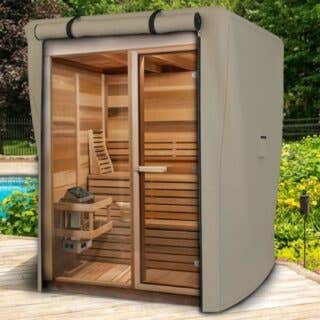





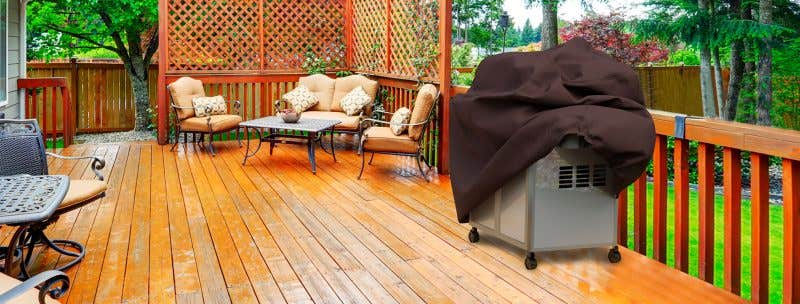
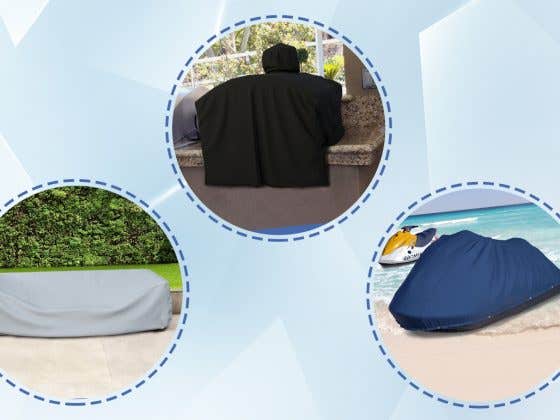

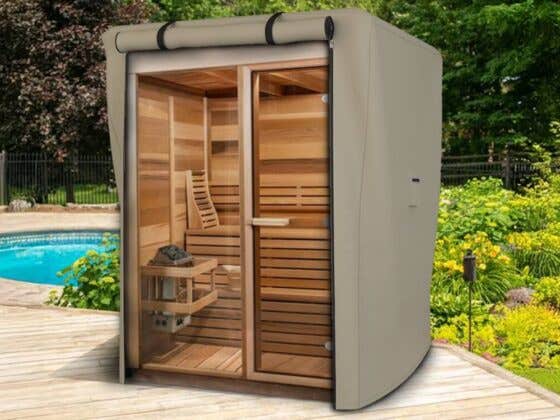

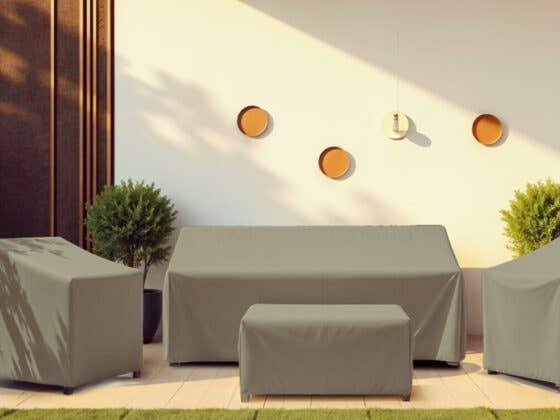
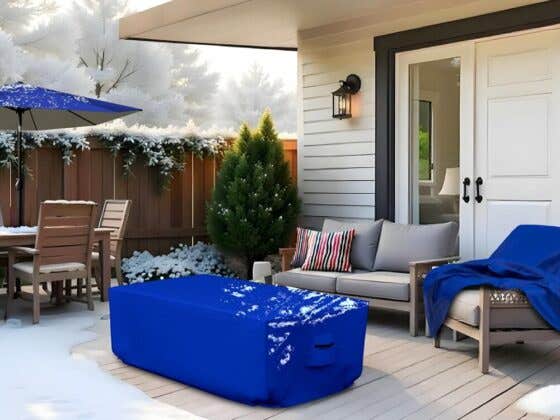

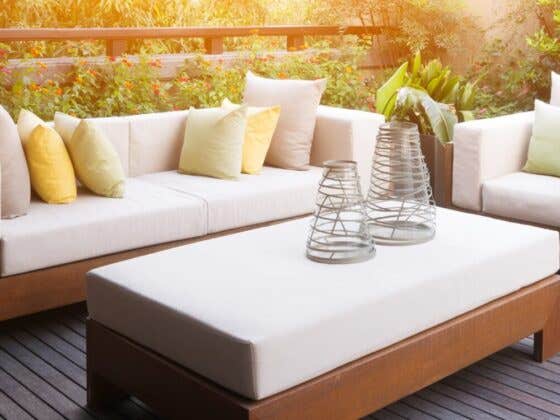
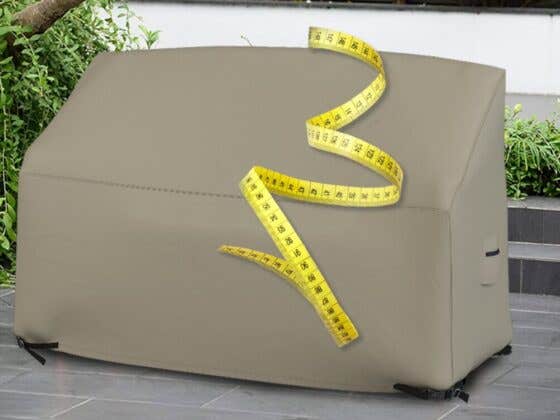
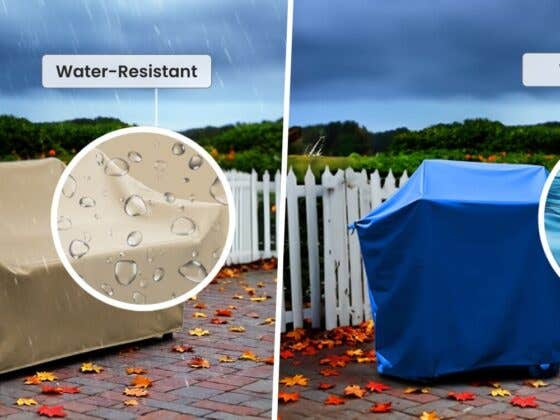
Recent Comments